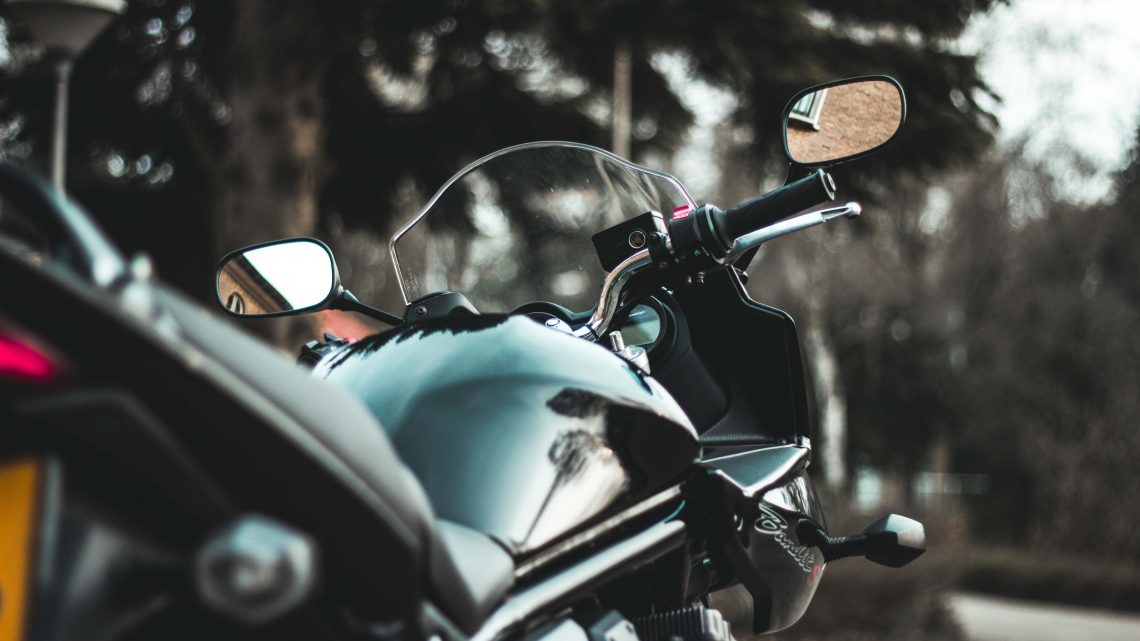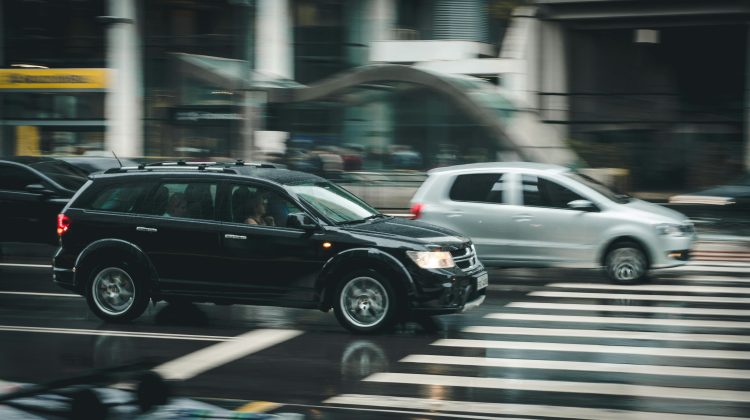Riding a motorcycle is an exhilarating experience, but it’s important to recognize that it comes with risks and challenges. From novice riders to seasoned veterans, everyone is susceptible to making mistakes that can compromise safety on the road.
1. Riding Without Proper Gear:
One of the most common mistakes motorcyclists make is riding without proper protective gear. Wearing a helmet, jacket, gloves, pants, and boots specifically designed for motorcycle riding can significantly reduce the risk of injury in the event of an accident. Investing in high-quality gear made from durable materials is essential for protecting yourself on the road.
2. Skipping Maintenance Checks:
Neglecting regular maintenance checks on your motorcycle can lead to mechanical failures and accidents. Motorcyclists should routinely inspect their bikes for tire pressure, brake functionality, fluid levels, and other essential components. Keeping your motorcycle in optimal condition not only enhances safety but also prolongs its lifespan.
3. Riding Beyond Skill Level:
Pushing the limits of your riding abilities is a recipe for disaster. Whether it’s speeding through corners or attempting advanced maneuvers without proper training, riding beyond your skill level significantly increases the likelihood of motorcycle accidents. Riders should continuously strive to improve their skills through training courses and practice in controlled environments.
Taking a passenger on your motorcycle requires a differentamd higher level of skill and balance. Novice riders should gain confidence and experience riding solo before carrying a passenger to ensure safety for both parties.
4. Assuming People Have Seen You:
Motorcyclists often assume that other drivers have seen them, leading to risky maneuvers or lane changes. Always make eye contact with other drivers or use defensive positioning to ensure that you are visible to them.
5. Ignoring Defensive Riding Techniques:
Defensive riding is crucial for anticipating and avoiding potential hazards on the road. Many motorcyclists make the mistake of assuming that other motorists will see them or yield the right of way. Maintaining situational awareness, using mirrors effectively, and positioning yourself for visibility are essential defensive riding techniques that can prevent accidents. If you are riding fatigued, then you won’t have the proper reaction time and decision making abilities to ride defensively. Make sure you are well rested before riding.
6. Riding Without Proper Training:
Beginner motorcyclists often underestimate the importance of formal training and education. Attending a certified motorcycle safety course provides valuable knowledge and skills necessary for safe riding. Proper training covers topics such as basic control, emergency maneuvers, and defensive riding strategies, setting a solid foundation for riders of all levels.
7. Overlooking Weather Conditions:
Weather conditions can significantly impact motorcycle handling and safety. Riding in adverse weather, such as rain, snow, or strong winds, requires extra caution and preparation. Motorcyclists should check weather forecasts before heading out and adjust their riding style accordingly, including reducing speed and increasing following distance to maintain control. Don’t forget to pack emergency supplies in the event you need them, and keep it protected from the weather in a waterproof first aid pouch.
8. Tailgating and Speeding:
Following other vehicles too closely or exceeding the speed limit is a common mistake that can have dire consequences for motorcyclists. Tailgating reduces reaction time and increases the risk of rear-end collisions, while speeding reduces the margin for error in emergency situations. Maintaining a safe following distance and obeying speed limits are essential for preventing accidents.
Excessive speed while turning can lead to loss of control and accidents, especially on tight curves. Slow down before entering a turn and lean into it gradually, maintaining a smooth and controlled motion.
9. Failing to Use Turn Signals:
Proper signaling is essential for communicating intentions to other road users. Many motorcyclists neglect to use turn signals or fail to signal in advance, leading to confusion and potential accidents. Using hand signals or electronic turn signals helps indicate turns, lane changes, and stops, enhancing overall safety on the road.
10. Improper Clutch Control:
Inconsistent clutch control can result in jerky movements, stalls, or loss of control, particularly in slow-speed maneuvers. Practice clutch modulation to smoothly engage and disengage the clutch for seamless gear shifts and controlled acceleration.
While motorcycling offers a sense of freedom and adventure, it’s essential to prioritize safety above all else. By avoiding these common mistakes and adopting safe riding practices, motorcyclists can minimize risks and enjoy the open road with confidence.




No Comment